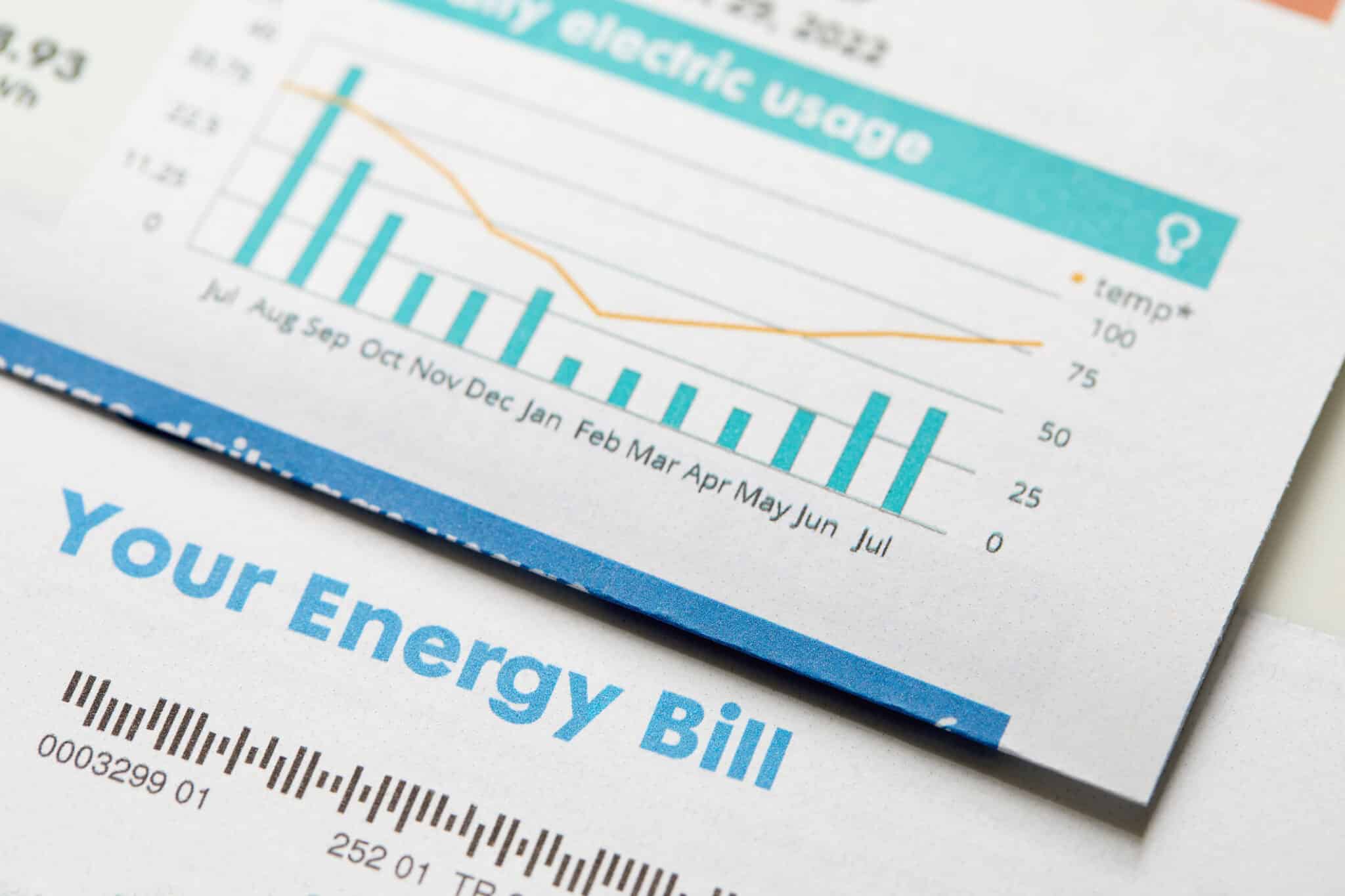How the UK’s Reduction in Energy Relief for Businesses Could Impact Its Climate Goals

 Why you can trust us
Why you can trust us
Founded in 2005 as an Ohio-based environmental newspaper, EcoWatch is a digital platform dedicated to publishing quality, science-based content on environmental issues, causes, and solutions.
The UK government announced Monday that it would cut subsidies to help businesses weather the energy crisis by 85 percent, arguing that the current level of support was “unsustainably expensive,” as Reuters reported.
However, the cuts could threaten sustainability of a different kind. Energy consultancy Cornwall Insight said that asking businesses to pay more for their energy bills could make it harder for them to spend money on greening their practices in line with the UK’s goal of reaching net-zero emissions by 2050.
“[A]side from the impact on the financial integrity of businesses that will arise from the EBDS [Energy Bill Discount Scheme], the government must also weigh up the constraints on capacity of the UK business sector to invest significantly in the decarbonisation of business and industry,” Cornwall Insight CEO Gareth Miller said in a Tuesday response to the news.
In the midst of an energy price spike largely instigated by Russia’s invasion of Ukraine, the UK is currently supporting businesses under a measure known as the Energy Bill Relief Scheme (EBRS). This has capped energy bills at £211 per megawatt (MWh) hour for electricity and £75 per MWh for gas for six months concluding March 31, for a total price tag of £18 billion, the Financial Times explained. However, extending this arrangement into April would have cost the government tens of billions of pounds, the Independent reported.
“It is not sustainable for the Exchequer to continue to support large numbers of businesses at the current level,” Exchequer Secretary to the Treasury James Cartlidge told Members of Parliament, as the Independent reported.
Instead, the government will replace EBRS with something called the Energy Bill Discount Scheme (EBDS), according to Cornwall Insight. This gives businesses an electricity discount of £19.61 per MWh at wholesale prices of more than £302 per MWh and a gas discount of £6.97 per MWh when prices are more than £107/MWh, according to the Financial Times. All told, the scheme should cost the government £5.5 billion and last through March of 2024, Reuters reported. It will apply to all non-domestic energy users including schools and charities, The Guardian said.
Small businesses especially expressed concerns about how the reduced support would impact them.
“Many small firms will not be able to survive on the pennies provided through the new version of the scheme,” Britain’s Federation of Small Businesses National Chair Martin McTague said, as Reuters reported.
While energy costs have fallen to about their level during the same time last year, they are still much higher than at the start of 2021.
Even for businesses that don’t face an existential threat, the reduction in support could compel them to cut back on decarbonization funding, Miller noted, arguing that reducing emissions from businesses will require massive investments over the next 10 years.
“Some larger and more financially resilient firms will still be able to continue their plans. But many may now be unable to create borrowing capacity or free cash flow, at least over the coming few years, whilst they face this cocktail of cost challenges,” he wrote.
Miller suggested that the government could compensate for the lack of energy support by incentivizing decarbonization with taxes, investments and other rewards while altering the structure of energy markets.
Subscribe to get exclusive updates in our daily newsletter!
By signing up, you agree to the Terms of Use and Privacy Policy & to receive electronic communications from EcoWatch Media Group, which may include marketing promotions, advertisements and sponsored content.

 233k
233k  41k
41k  Subscribe
Subscribe 




